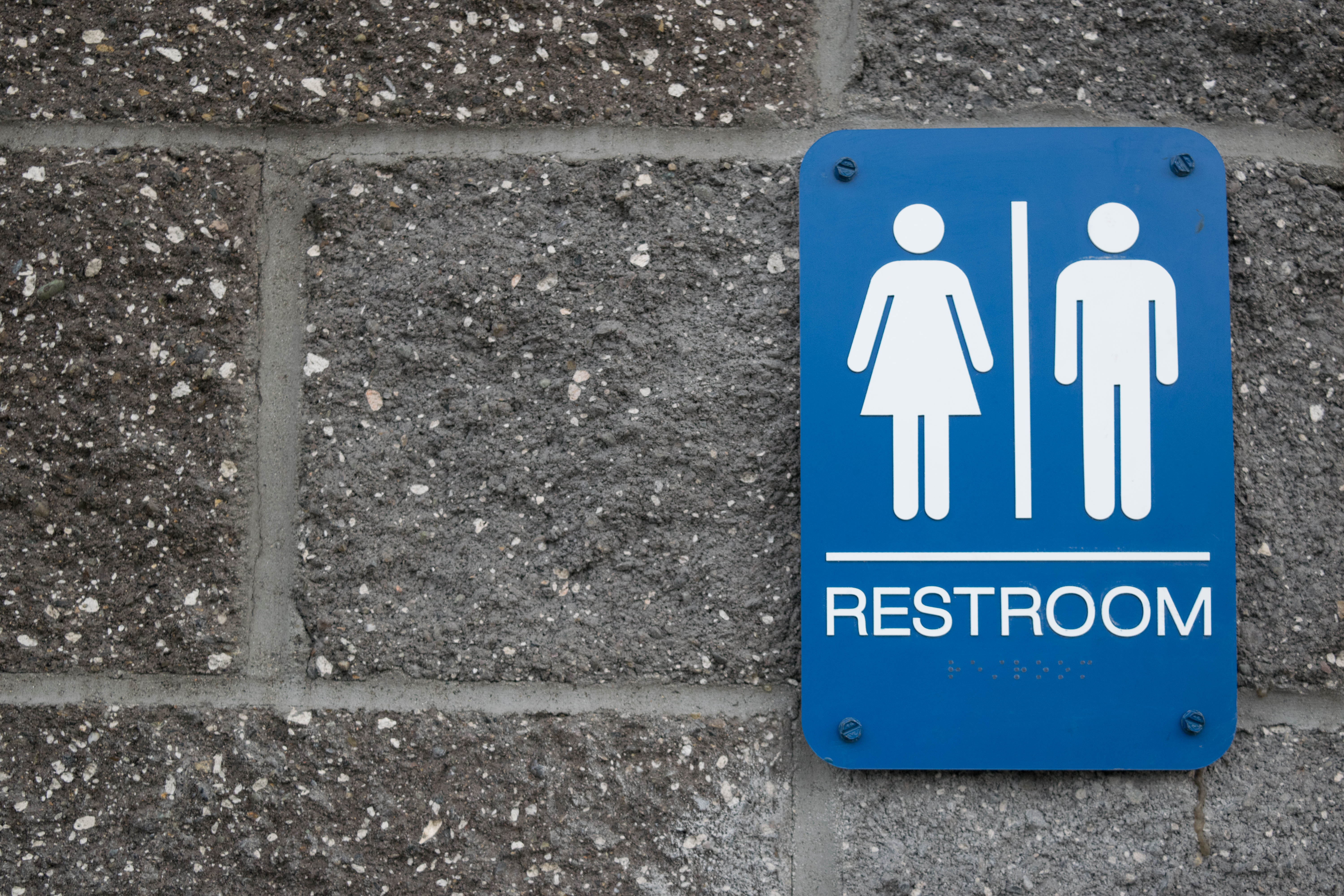Legal challenges will likely start to take shape this week against Virginia Gov. Glenn Youngkin's new policies restricting the rights of transgender students at schools.
The governor's administration on Friday announced that school districts will be required to restrict which bathrooms transgender students may use and what pronouns they may be called.
The 2022 Model Policies from the Virginia Department of Education say that last year's policies — which were enacted before Youngkin took office — promoted "a specific viewpoint aimed at achieving cultural and social transformation in schools." The new policies state that each student will be referred to only by the name appearing in that student's official records and only by the pronouns corresponding to the sex listed in those records.
We're making it easier for you to find stories that matter with our new newsletter — The 4Front. Sign up here and get news that is important for you to your inbox.
Democratic state Del. Danica Roem, of Prince William County, struck back at the Republican governor.
"We have people dying on our roads, at least two to three every single day in Virginia. And our governor's top priority as of Friday is to pick on trans kids," Roem said.
Sign up for our Breaking newsletter to get the most urgent news stories in your inbox.
Do Virginia Gov. Youngkin's Policies Violate the Law?
Legal experts say Youngkin is likely violating both state and federal laws.
"By seeking to enforce what they consider to be biological sex, the Youngkin administration, by definition, is engaging in sex discrimination," University of Virginia law professor Craig Konnoth said.
Virginia has a state statute protecting transgender students from discrimination.
"I suspect that this is not a suit that he can win"
University of Virginia law professor Craig Konnoth
University of Richmond law professor Carl Tobias says Youngkin can't override a statute approved by the Virginia General Assembly.
"They are not respecting the coequal branch of government by doing this," Tobias said.
News4 requested an interview with the governor, but a spokesperson for Youngkin instead offered a statement stating the new policy "delivers on the governor’s commitment to preserving parental rights and upholding the dignity and respect of all public school students."
Konnoth says there is a growing movement nationally among conservative politicians to restrict the rights of LGBTQ people. He anticipates an uphill legal fight for Youngkin.
"I suspect that this is not a suit that he can win," Konnoth said.
Two years ago, a federal appeals court ruled in favor of Gavin Grimm, who challenged his school board for the legal right to use the restroom corresponding to his gender identity.
"The suit will likely be filed and will be on appeal to the very same court that decided the Grimm case, not very long ago," Konnoth said.
Just one year ago, a celebration took place at a Loudoun County school board meeting when the school district granted similar rights for transgender students.
"Heading into this year will feel like a breath of fresh air," said former Loudoun County student Nick Gothard at the time.
Youngkin has ordered school districts to adopt his new policy after a 30-day comment period that begins Sept. 26. However, legal experts say they expect this could be challenged in court before then.



